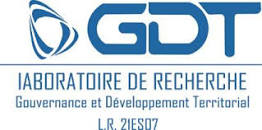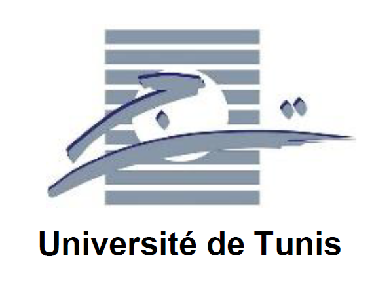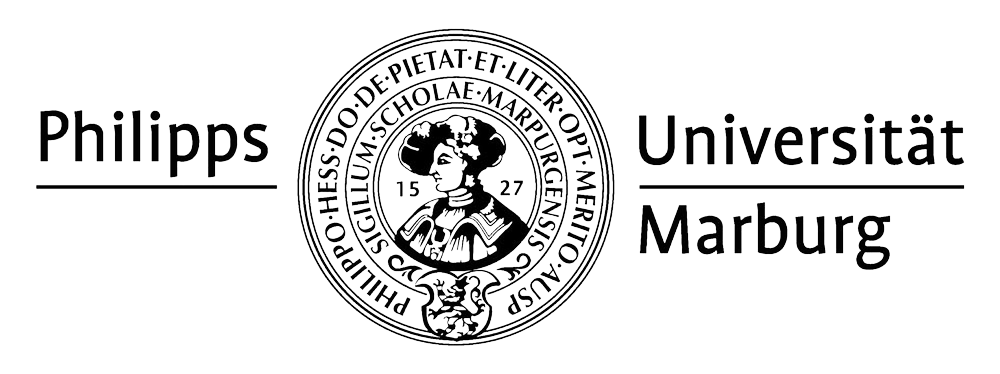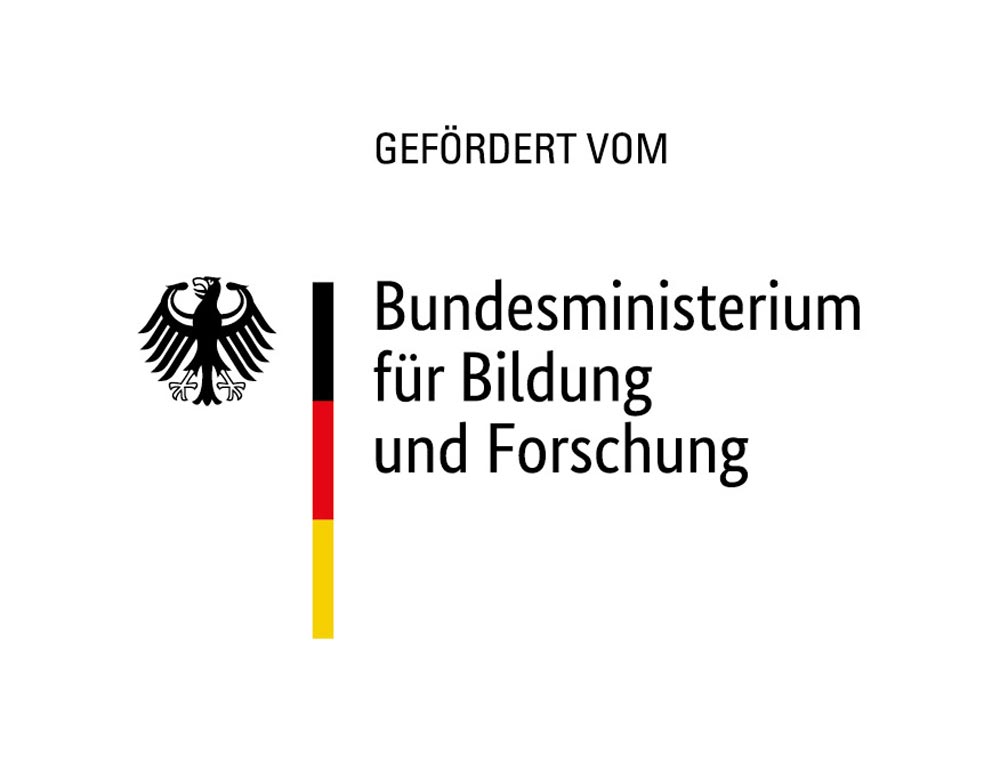Report Extractivism Flying Academy 2023 in Tunisia






Introduction
The Extractivism.de project organized its second Extractivism Flying Academy from 24 to 25 October 2023 in Tunis. The international conference was held at the University of Tunis in collaboration with the Governance and Territorial Development research laboratory. The conference was a resounding success among the public and experts. The first day of the conference took place at the National Library of Tunisia, while the second day was held at the Faculty of Humanities and Social Sciences.
A total of 35 researchers from Germany, Tunisia, Algeria, Morocco, Mauritania, Argentina, Chile, Brazil, Italy, Spain and France took part in the conference. Many students and doctoral candidates from Tunisian universities, as well as members of the Merian Center for Advanced Studies in the Maghreb (MECAM), were also present. The conference was broadcast online on a number of platforms, including the National Library’s YouTube channel and Facebook. The videos of the conference have already accumulated 1,500 views.
Opening Session of the Conference
Opening the conference, the Extractivism.de principal investigators, Prof. Dr Hans-Jürgen Burchardt (University of Kassel) and Prof. Dr Rachid Ouaissa (Philipps University Marburg), emphasized the relevance of the project.
The project aims to grasp the persistence of extractivism as a development model in Latin America and the Maghreb. They stressed that, in the context of the global energy transition, South-South cooperation will become increasingly crucial. They also stressed that finding ways to tackle global environmental concerns while detecting available alternatives to extractivism is essential for future research. Professor Dr Mourad Ben Jelloul, co-organizer of the conference and Director of the Governance and Territorial Development research laboratory (LR-GDT), stressed the importance of both North-South and South-South scientific cooperation. The combined organization of this successful conference between the two German universities and the University of Tunis is a prime example of the importance of such types of cooperation. Prof. Dr Ben Jelloul noted that extractivism, although still an emerging term in the Maghreb, offers an opportunity to establish a scientific partnership with researchers from both Latin America and Europe.
The conference was officially launched by Prof. Dr Habib Sidhom, President of the University of Tunis, who underlined the significance for the university of hosting such an international conference, providing an opportunity to establish a vast interdisciplinary research network involving European and Latin American countries. He emphasized the commitment of the University of Tunis to organizing this type of international scientific meetings.
Opening of the International Conference at the National Library of Tunisia
In his keynote address, Prof. Dr Ben Jelloul engaged with the extractivism concept, observing that while it is widely discussed in Latin America, it has so far received little attention in scientific and political discourse in the Maghreb. However, he stated that extractivism provides an accurate description of the economic, political, and social development models adopted in the Maghreb countries. Contrasting both regions’ literature on economic models, he pointed out that there is a certain conceptual proximity between extractivism and other more familiar ideas, such as the rentier state, mainly used for oil and gas exporting countries. Yet these concepts are confronted now with the challenge of taking account of the global energy transition already underway and the implications of green extractivism. For that, they must dialogue with one another and learn from it.
The panels
The first panel, entitled “Green Extractivism, Energy Transition, and New Rents”, focused on energy transition in the Maghreb, rents and green extractivism. It discussed the transition towards renewable energies such as solar, wind and hydrogen, with a particular focus on the participation of European actors in massive projects of export diversification such as DESERTEC and the EU Green Deal. The papers showed that the energy transition in the Maghreb may reproduce old extractivist patterns that maintain or reinforce dependence on Europe. Financing technological change and structural transformation were identified as critical factors for the success of the energy transition.
The second panel, entitled “Class, State, and Power”, looked at actors and coalitions, their configurations of power and interests, and the potential role of the middle class in maintaining or overcoming extractivism. Mostly taking Algeria as an example, actor typologies were debated, as well as an analysis of the possibilities and limits of the emerging middle class in extractive rent societies. One presentation discussed how fossil fuels producing countries can insert themselves in the energy transition discussion by comparing alternatives for Venezuela and Algeria. In addition, the role of political coalitions in the 2019 Algerian protest context was highlighted. The discussion also touched on the role of trade unions in mediating economic and political interests in Mauritania.
The second day of the conference took place at the Faculty of Humanities and Social Sciences. The first panel, entitled “Re-negotiating Extractivism: Drivers of Change”, focused on ways out of extractivism. Taking Tunisia as an example, it was discussed to what extent new modes of negotiation with local and regional actors have been developed as part of the redefinition of the development model following the 2011 so-called Arab Spring. Papers emphasized the regional economic and social disparities between extractivist areas, such as the Gafsa region, and the coastal regions of eastern Tunisia. In addition, theories and methods of transnational comparative analysis were presented, using the examples of Morocco and Argentina, as well as Spain and Guatemala.
The third panel, “Extractivism, Crisis, and Resistance”, provided a detailed description of social movements in extractive zones. Papers examined the economic, social and ecological implications of extractivism in Tunisia, particularly in the Gafsa mining basin. The discussion centered on the challenges and alternative paths for local participation, both in the extractive zones and in the cities. Throughout the discussion, similarities with protest movements in Latin America became apparent.
The final panel, entitled “Extractivism, Land, and Agriculture”, focused on social movements in rural areas of the Maghreb and Latin America. The issues related to land use in agricultural export regions in Morocco and Tunisia, as well as lithium extraction in Argentina, were discussed. The speakers highlighted alternatives to extractivism, articulated both through resistance, art movements, and concrete initiatives to promote environmental sustainability, such as green start-ups in Tunisia and Chile.
Concluding notes
At the closing session, Prof. Dr Rachid Ouaissa, Prof. Dr Mourad Ben Jelloul and Dr Hannes Warnecke-Berger (University of Kassel), the Extractivism.de project’s coordinator, summarized the outcomes of the conference and addressed the remaining questions with the participants.
- Extractivism provides a comprehensive description of development models in the Maghreb. It enables analysis of the actors, coalitions and power configurations, as well as the conflict and negotiation processes involved in the extraction of natural resources. Future research should focus on the conditions under which extractivism reproduces itself via social, political, economic and cultural mechanisms in order to continue to exist as a development model.
- Despite significant differences in terms of natural resources, state institutional structures, regime type and social configurations, the extractivist societies in the Maghreb and Latin America share substantial similarities in their development paths, comparable via the extractivism concept. Theoretically grounded and methodologically sophisticated studies are needed, however, to understand the dynamics of these patterns, as well as the particularities, in these countries.
- Finally, Latin American experiences provide a theoretical reference point for the Maghreb region. Research on extractivism in Latin America is well advanced, and policy approaches are widely discussed if not already implemented. Consequently, the question is how research and subsequent political practice in the Maghreb can learn from Latin America. Thus, this should be at the centre of future research, steering a South-South dialogue on the possibilities and limits of overcoming extractivism.
These open questions are constantly addressed within the Extractivismus project and integrated into its existing research activities. Moreover, the conference’s outcomes will be included in a series of international publications. Finally, there are already many Extractivism Policy Briefs offering concrete recommendations to policy-makers in the Maghreb and Latin America that you can check on the project’s webpage: www.extractivism.de
Contact:
Conference Venue
Bilbiothèque nationale de Tunisie
1008, Boulevard du 9 Avril 1938, Tunis
24 de Octobre 2023
Université de Tunis
Faculté des Sciences Humaines et Sociales de Tunis
Salle Salah Guermadi
94 Boulevard du 9 avril 1938, Tunis
25 de Octobre 2023